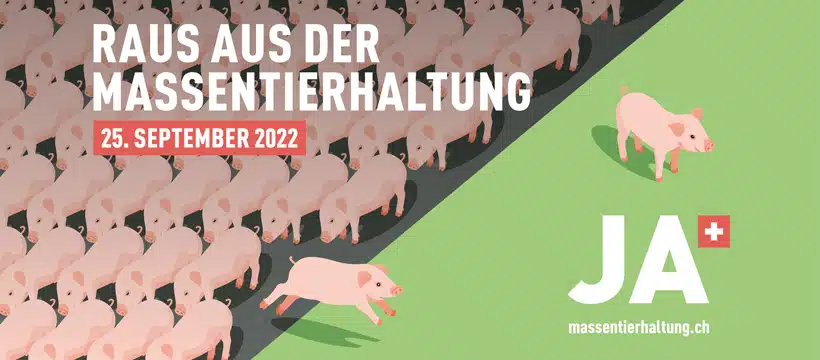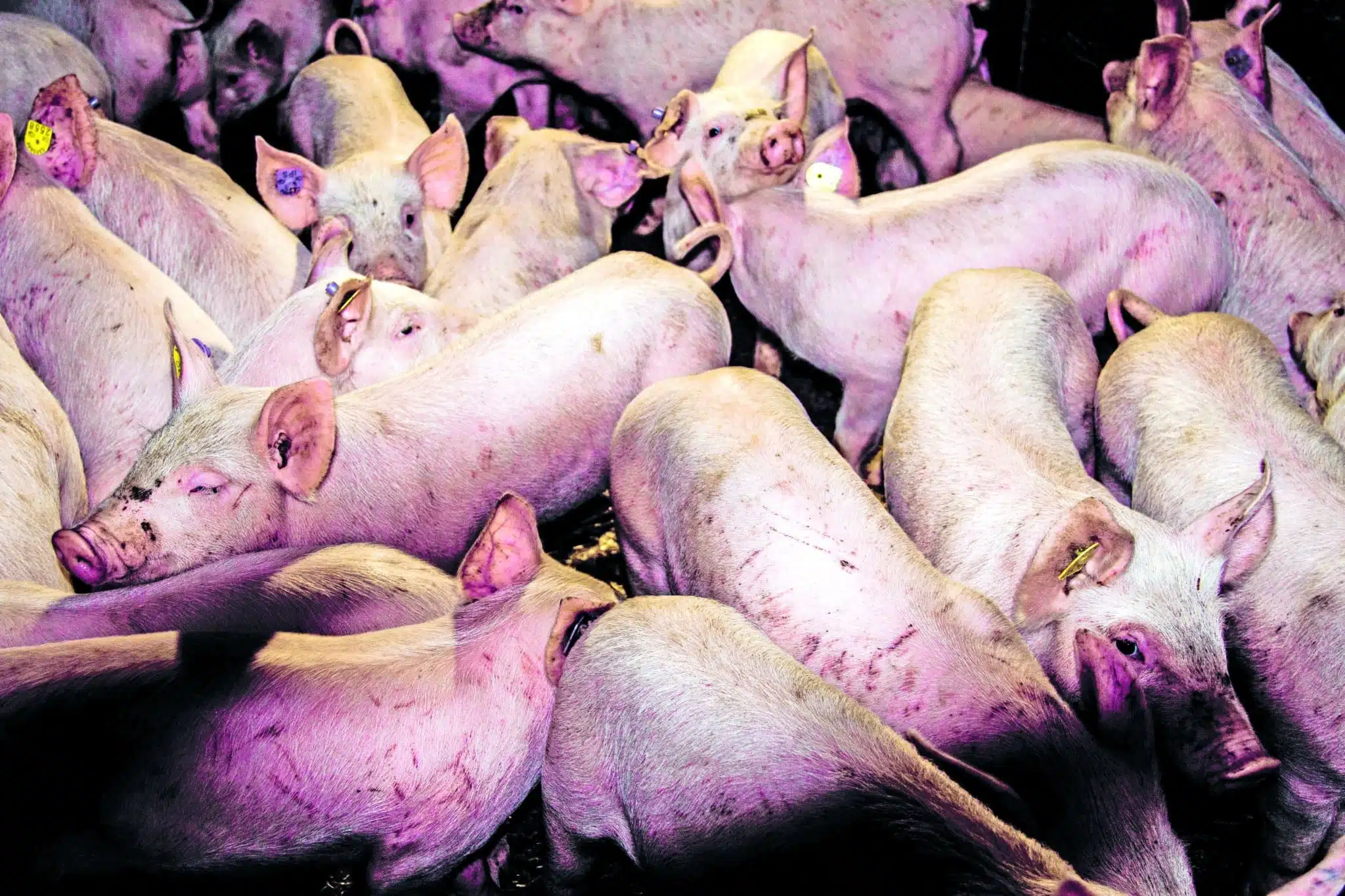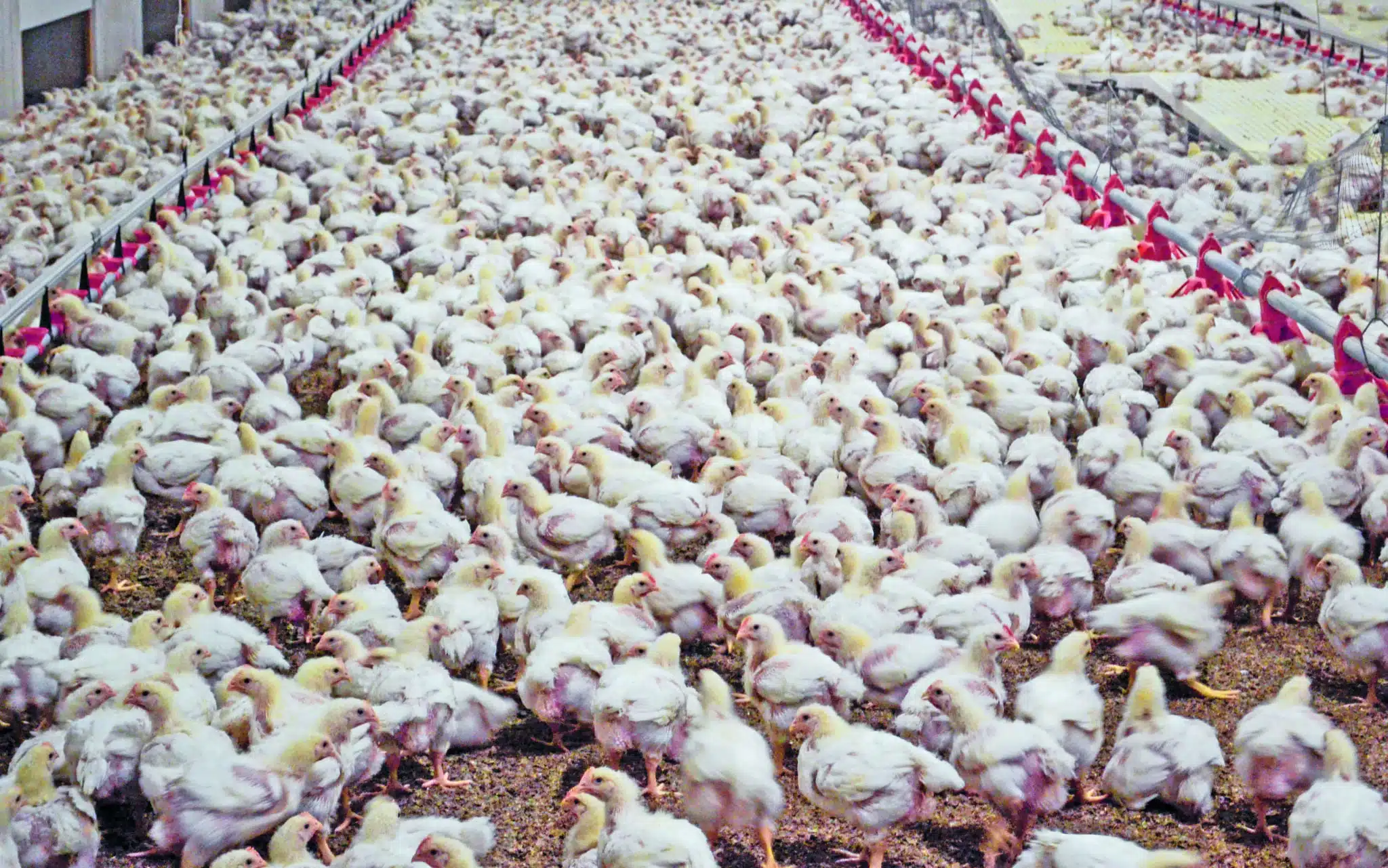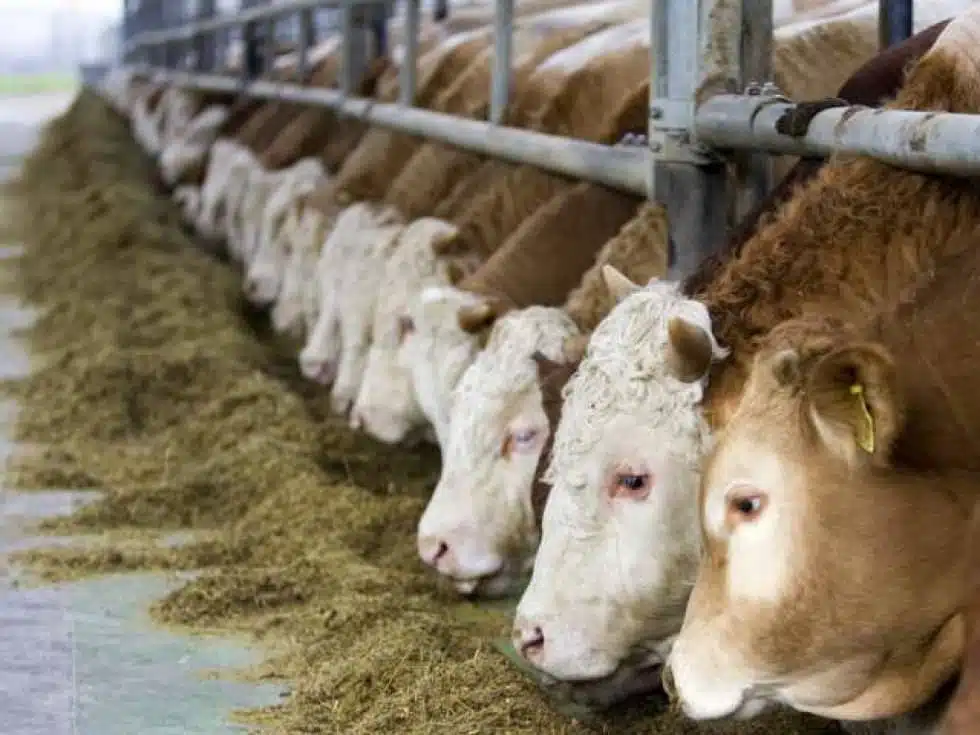Initiative Against Factory Farming
Improve animal welfare in Swiss farming
The issue
More efficient, more intensive – simply more and more. This is the shape of livestock farming in Switzerland today. But this increase in yield comes at a cost: our animals, our environment, our health and our future pay the price.
Ten pigs, each weighing 100 kilos. Fattened up at such speed and intensity that they can hardly stand on their four feet. Forced to share the space of one car park.
Life is not any better for broiler chickens in huge factory farming facilities: On average, 17 birds are penned into one square metre and only permitted to live for six weeks. During this time, they are bred up for slaughter so intensively that their legs can barely hold them. Examples like these are not only legal in modern Switzerland, but common practice. And let’s not forget that millions of male chicks from egg production hens are killed by machine as “day-old chicks”. Battery cages have long been outlawed in Switzerland, thanks to the efforts of animal welfare initiatives. Still, you can buy eggs from battery hens in Switzerland – just from farmers from abroad.
Barn hens don’t fare much better either as they are wasting away in overcrowded sheds. Their life is over after about 15 per cent of their natural life expectancy ‒ 18 months at the latest ‒ because their laying performance no longer meets the industrial requirements of factory farming.
Factory farming drives up global warming, aggravates global hunger, exacerbates water scarcity, causes resistance to antibiotics and violates the constitutional principles of animal welfare.
Donation form
Our project
The popular initiative “No factory farming in Switzerland” (Initiative against factory farming, in German: “Initiative gegen Massentierhaltung”), launched by Sentience on June 12th 2018, wants to put an end to all this. Fondation Franz Weber (FFW) is strongly supporting the Initiative against factory farming. After a long parliamentary process the Swiss electorate will vote on that important subjecton September 25th 2022.
Swiss consumers should know about the abuses perpetrated in Swiss factory farming. They should be made aware of the consequences associated with consumption of these products. And they should be allowed to make educated decisions on which kind of animal husbandry they want their goods to come from. The Initiative against factory farming offers an excellent opportunity to do so. According to surveys conducted by Isopublic, 87 per cent of the population considers animal welfare in farming to be “important” or “very important”. FFW wants to harness this public feeling with the support of the Factory Farming Initiative.
More information:
Campaign Website “Initiative gegen Massentierhaltung” (German / French/ Italian)
Our goals
- Stop factory farming in Switzerland
- Identify and show shortcomings in Swiss livestock farming
- Improve animal welfare in Swiss livestock farming
- Reduce the escalating consumption of meat
News
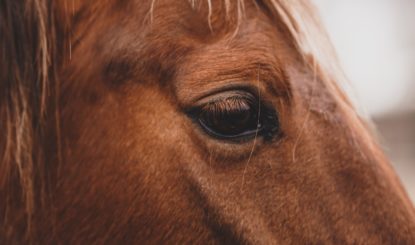
Animal protection
Cinco Corazones - Five Hearts

Animal protection
4 reasons why zoonoses such as COVID-19 are on the rise

Animal protection
#BecauseWeEatAnimals: A(H5N1) (avian flu)
Facts and Figures
***
